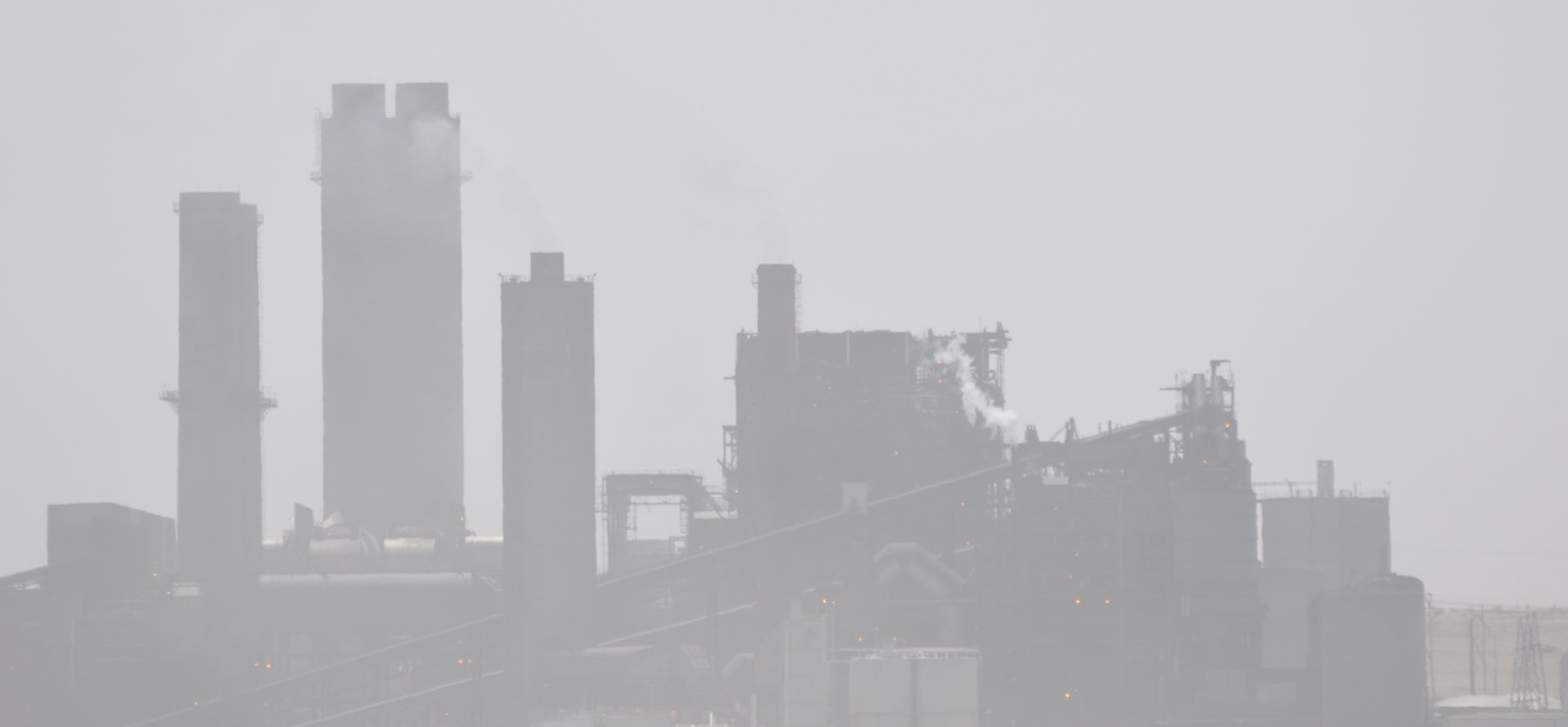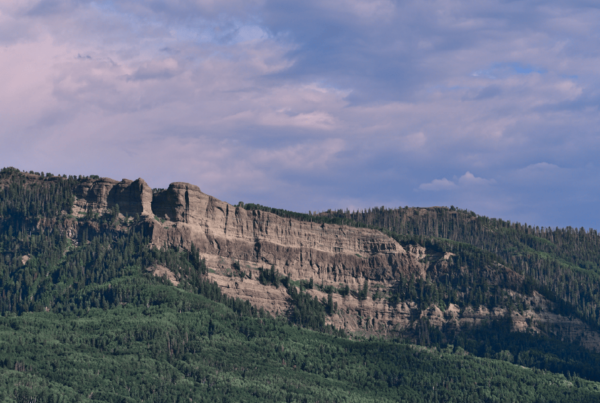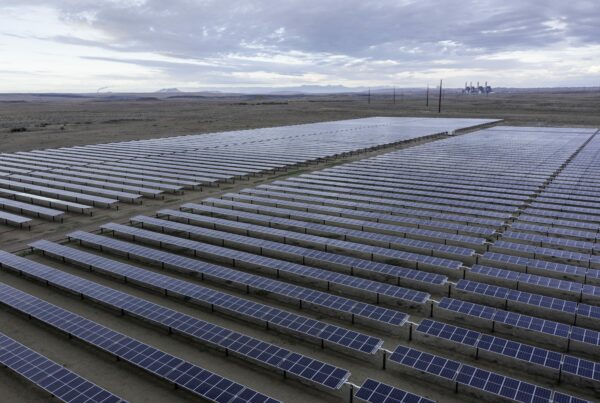The problem with free market solutions to environmental problems is really quite simple: The free market does not exist.
Let’s take a peek at the energy sector to see just how non-existent this free market is.
In May, the International Monetary Fund released a paper titled How Large Are Global Energy Subsidies? The IMF’s report accounts for all global post-tax consumer subsidies (yawn). The answer they arrived at: $5.3 trillion (wow). That’s $10 million per minute working to distort the “true” cost of energy.
If the content of this article was presented in front of a live crowd, now is when an audience member might uncontrollably interject with, “Those aren’t real subsidies!” After talking with a number of potential hecklers, I finally understand what they’re yelling about.
You see, the IMF report accounts for three types of subsidies. The category that a minority of the reading public routinely objects to addresses a group of costs called externalities, costs avoided by companies that seem to excel at passing said costs on to the public at large.
Here’s an example. Does a coal plant operator pay for the increased health-care costs for those living downwind? Of course not. People unfortunate enough to live in the pollution plume do, and when they can’t, the government picks up the tab. Or they just die. That’s an externality.
To the IMF externalities are real subsidies. To the hecklers, they are not. Why? I have no idea. The pollution that limits pulmonary function and decreases life expectancy has a quantifiable financial impact that the polluting company is avoiding. In a free market, a market where all costs and benefits must be accounted for so that self-interested hands will naturally choose the “best” option, the omission of this cost in a commodity price is a subsidy, plain and simple.
If corporations have successfully resisted true cost accounting for as long as their vacuous legal shells have existed, how might we create market signals to guide economic development? In addition to improved cost accounting, the word is regulation.
That’s right free-marketeers. Regulation is a mechanism, a needed mechanism, for correcting the unavoidable failings of the free market to accurately price goods and services.
And here’s what is truly fascinating. When groups like San Juan Citizens Alliance or our friends at Wild Earth Guardians are successful at getting regulations already on the books implemented, the heavily subsidized economics of cheap fossil fuels crumble like the house of cards they truly are.
Look to Craig to see this situation playing out in real time. The Colowyo Mine is an economic mainstay of the Craig community, a mainstay that is teetering on the verge of collapse. In May, a federal judge ruled in a favor of a Wild Earth Guardians’ lawsuit that argued, among other things, that a proposed mine expansion permit inadequately addressed environmental impacts (externalities). If the inadequacies are not addressed in 120 days, the operation will be shuttered.
Who’s to blame for the economic hardship this decision will create for the local community? The obvious and wrong answer is Wild Earth Guardians. All they did was ask the federal government to comply with laws written by Congress.
I believe a better answer is the community leaders from Washington, D.C., to Craig’s own Main Street who refuse to see and respond to transformations in the energy industry.
Outside of Farmington, sit two large coal-fired power plants. They spew pollution, they create jobs and their days are numbered. What are leaders in the Four Corners doing to help industrious mine and plant workers reskill and retool for the energy jobs of the 21st century?
This content first published in The Durango Herald’s Thinking Green Column here.




All one needs to do is look to West Virginia to see the inevitable results of not preparing for the mine closing shift and regulations on power plants. The mining industry has been leaving the state for years and the latest “mining” activity of strip mining, mountaintop removal, has rendered the southern part of the state a horrendous eyesore from above. It’s timber removal has resulted in flooding of areas in the valleys. And the toxic chemicals are poisoning the water supply.
During the last period of mine shutdowns, nothing has been done to create any other types of jobs, people have left the state to find work elsewhere or if they stayed there they milk the welfare system, social security disability, grow marijuana or find other ways of surviving. The elected officials have done nothing to help their constituents. Instead they allow mining corporations to pour in propaganda about the President and the EPA so people believe they are responsible for the unemployment.
I continue to write on social media to no avail. It sickens me to return to my home state to see the result of years of raping the people of the state by huge industry. I grew up in a “coal camp” so I know what I am talking about. And before moving away I worked for Jay Rockefeller’s campaign for Governor. What a disappointment.